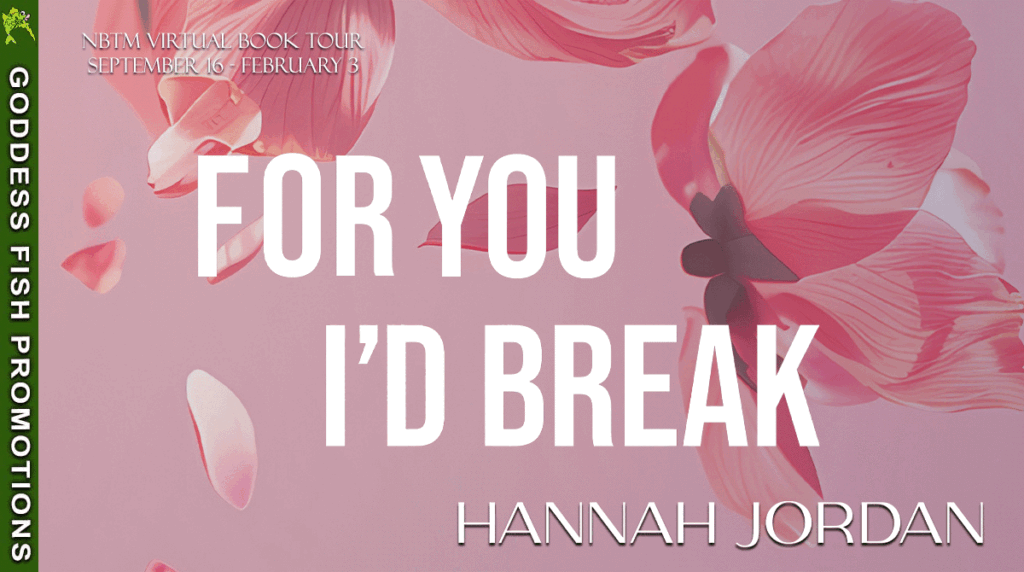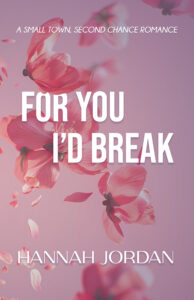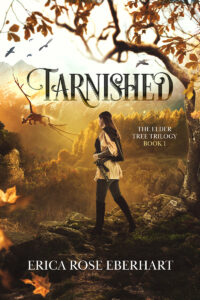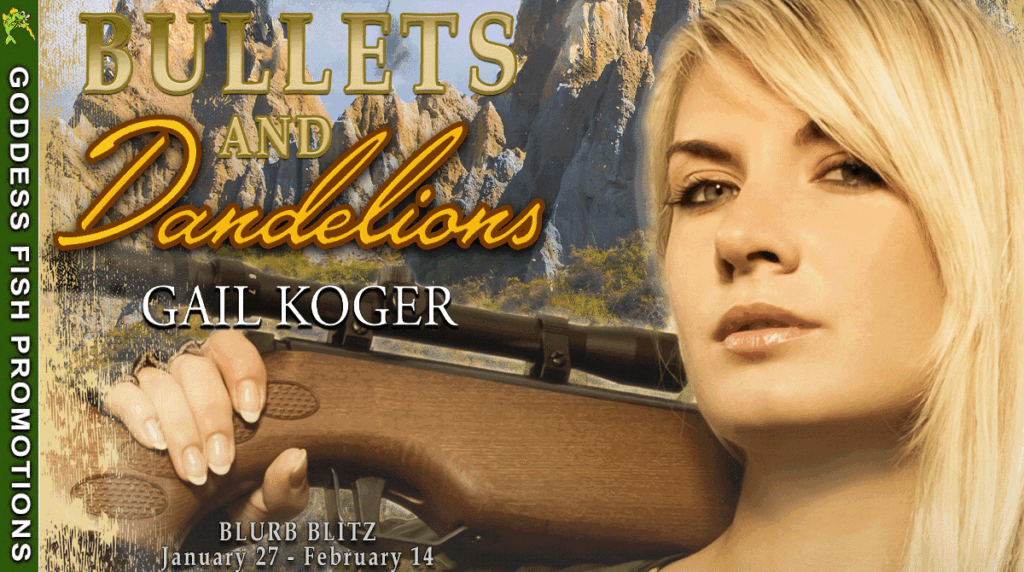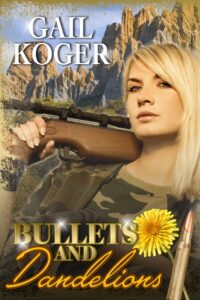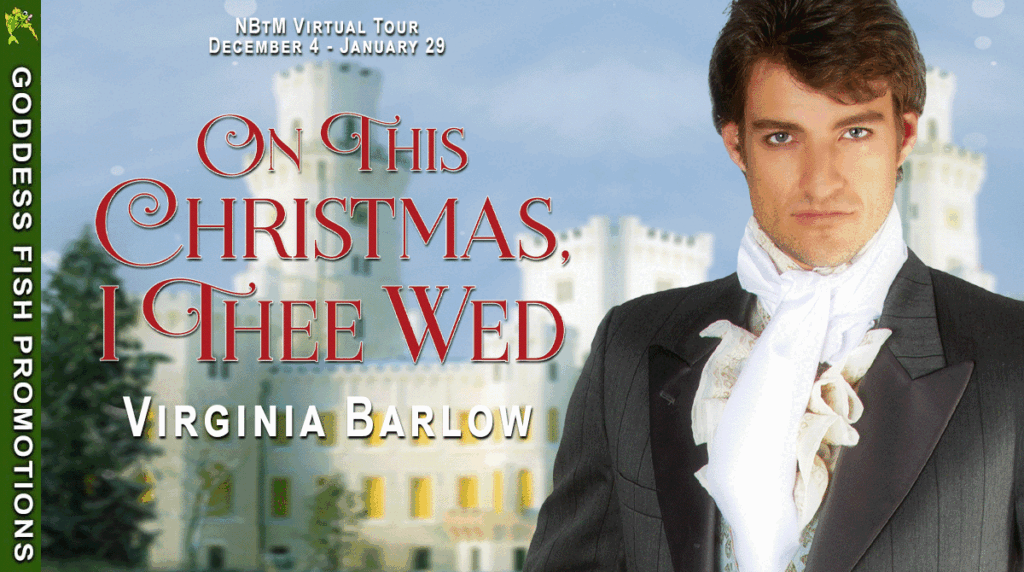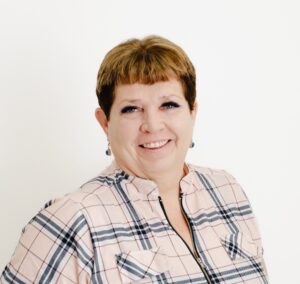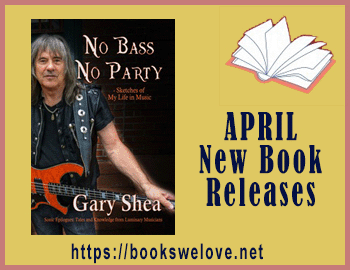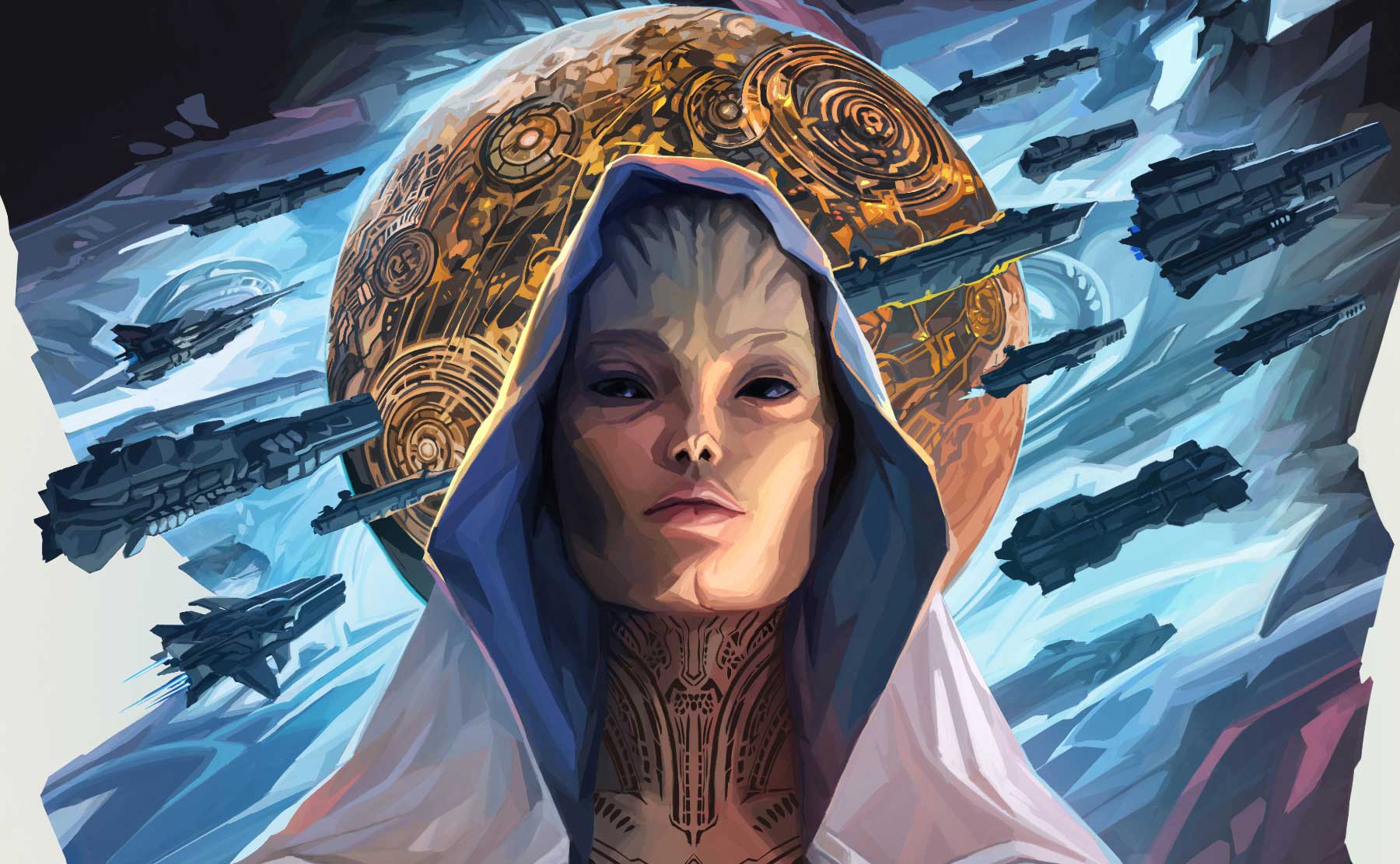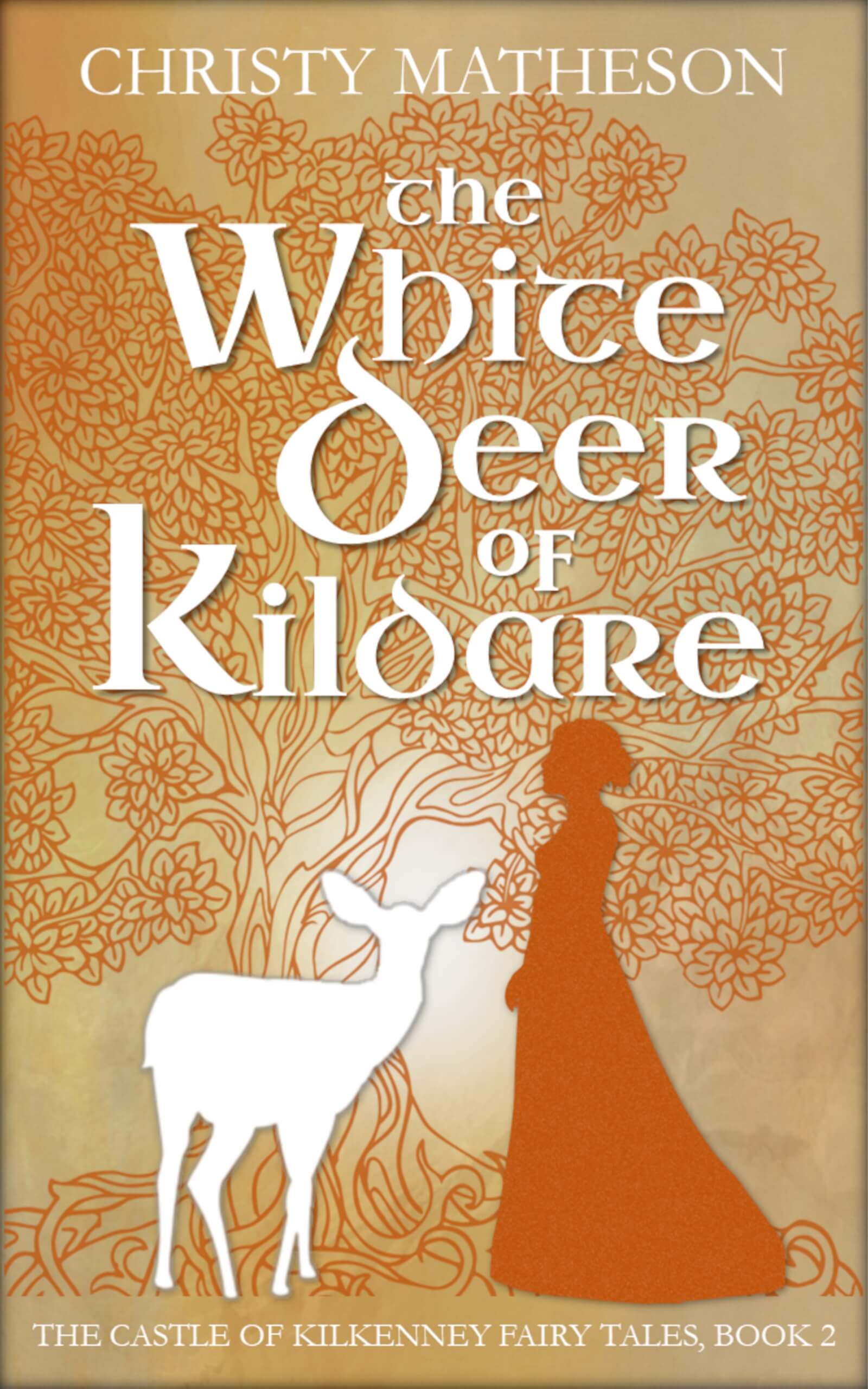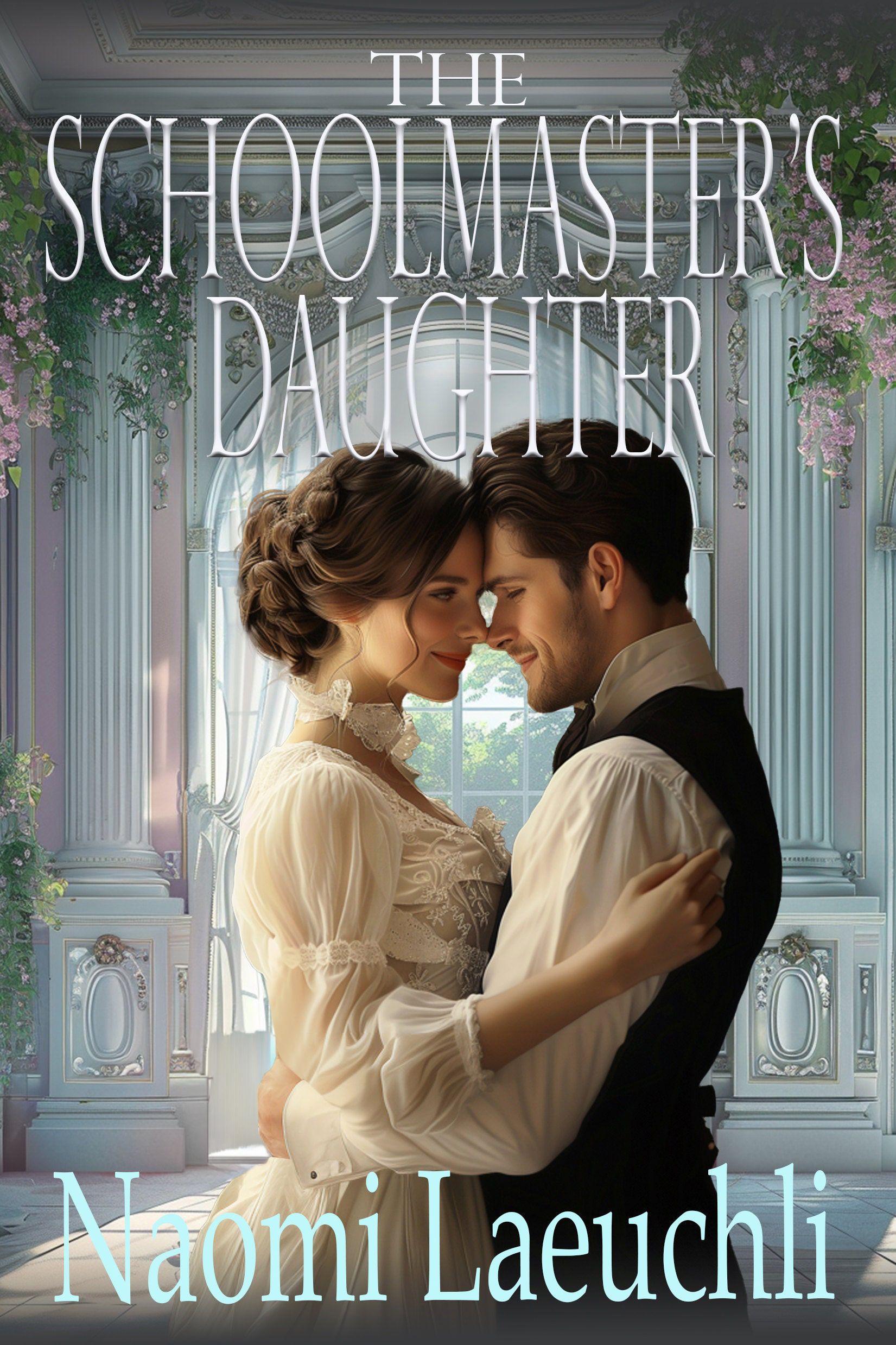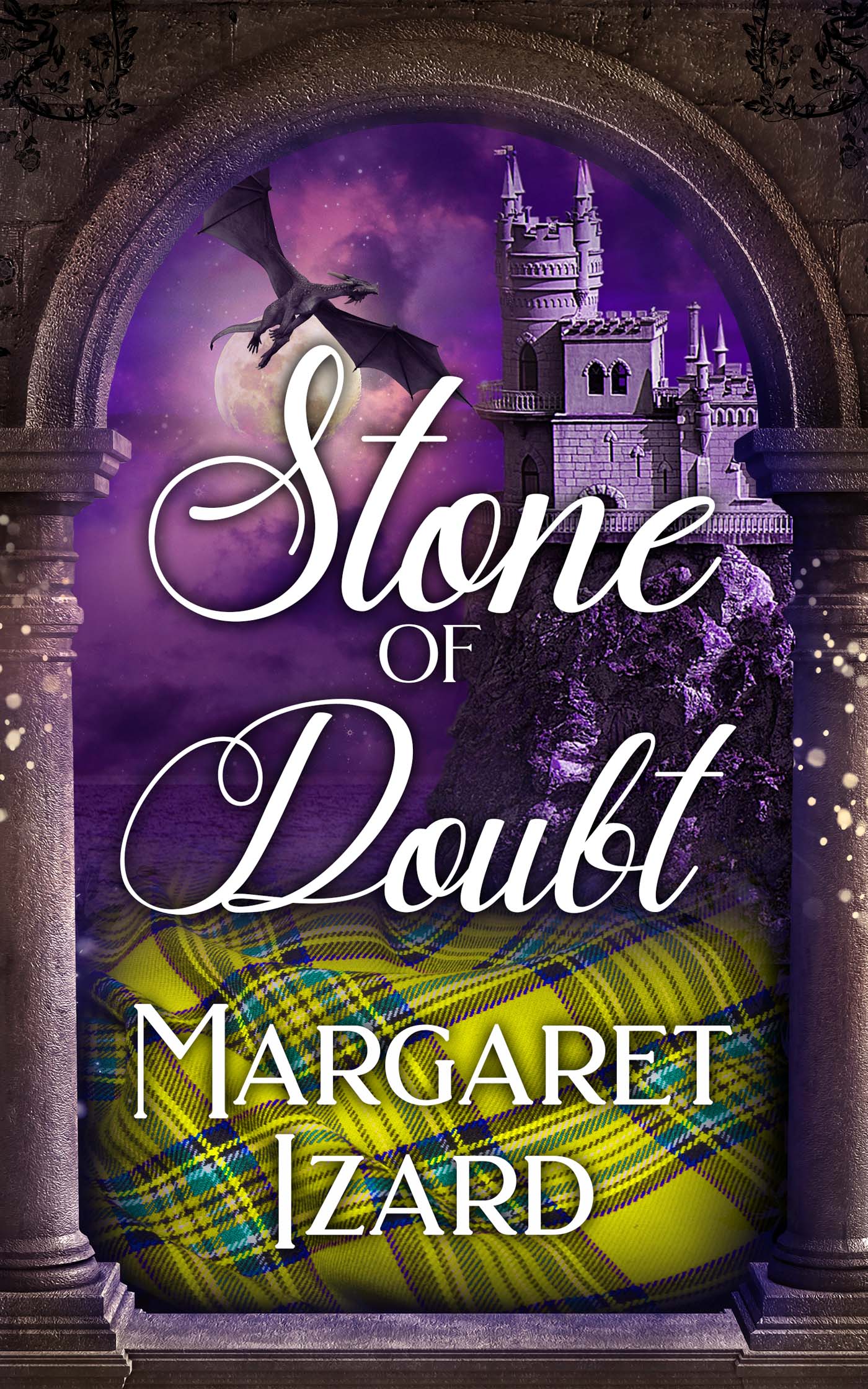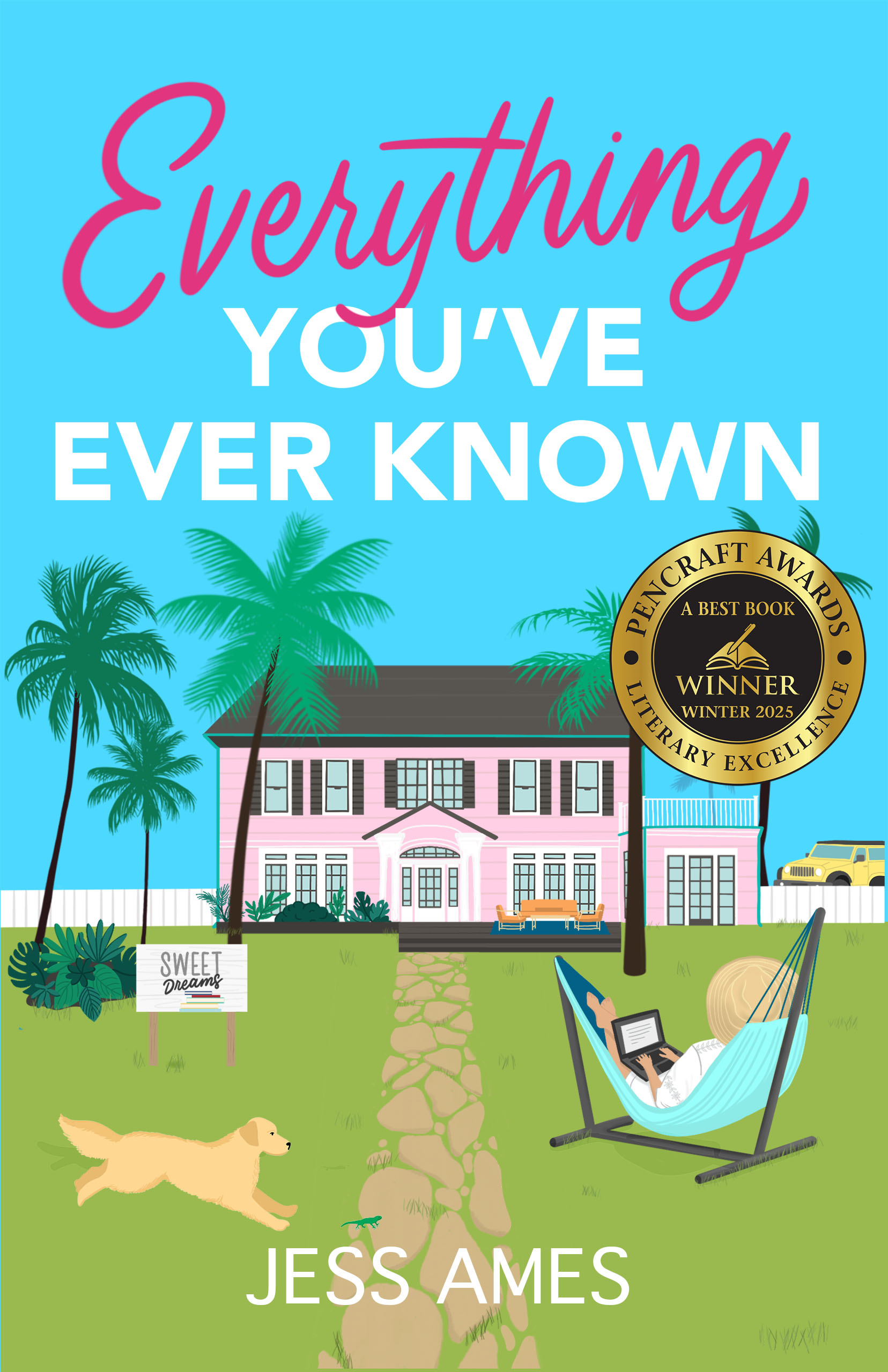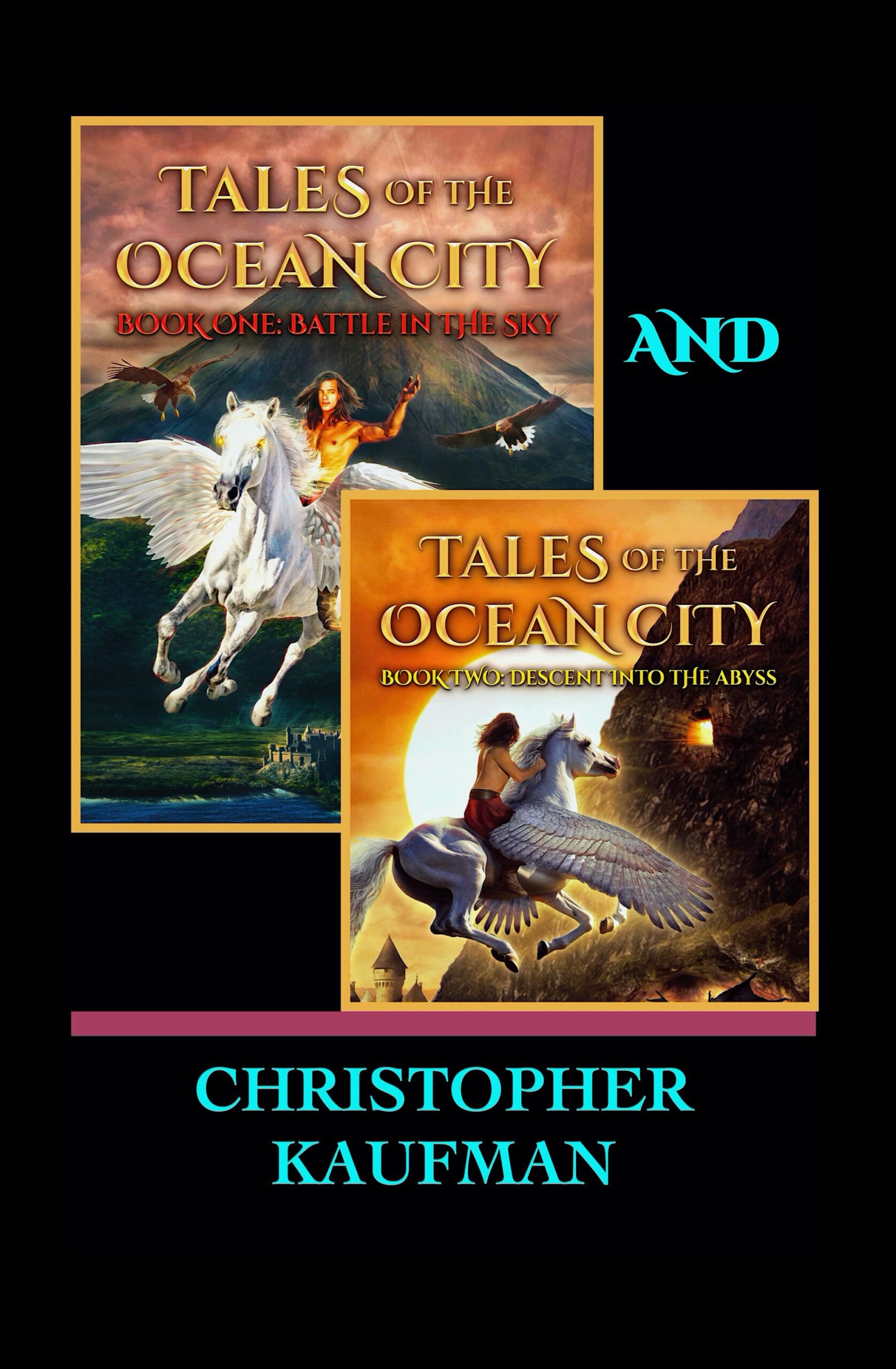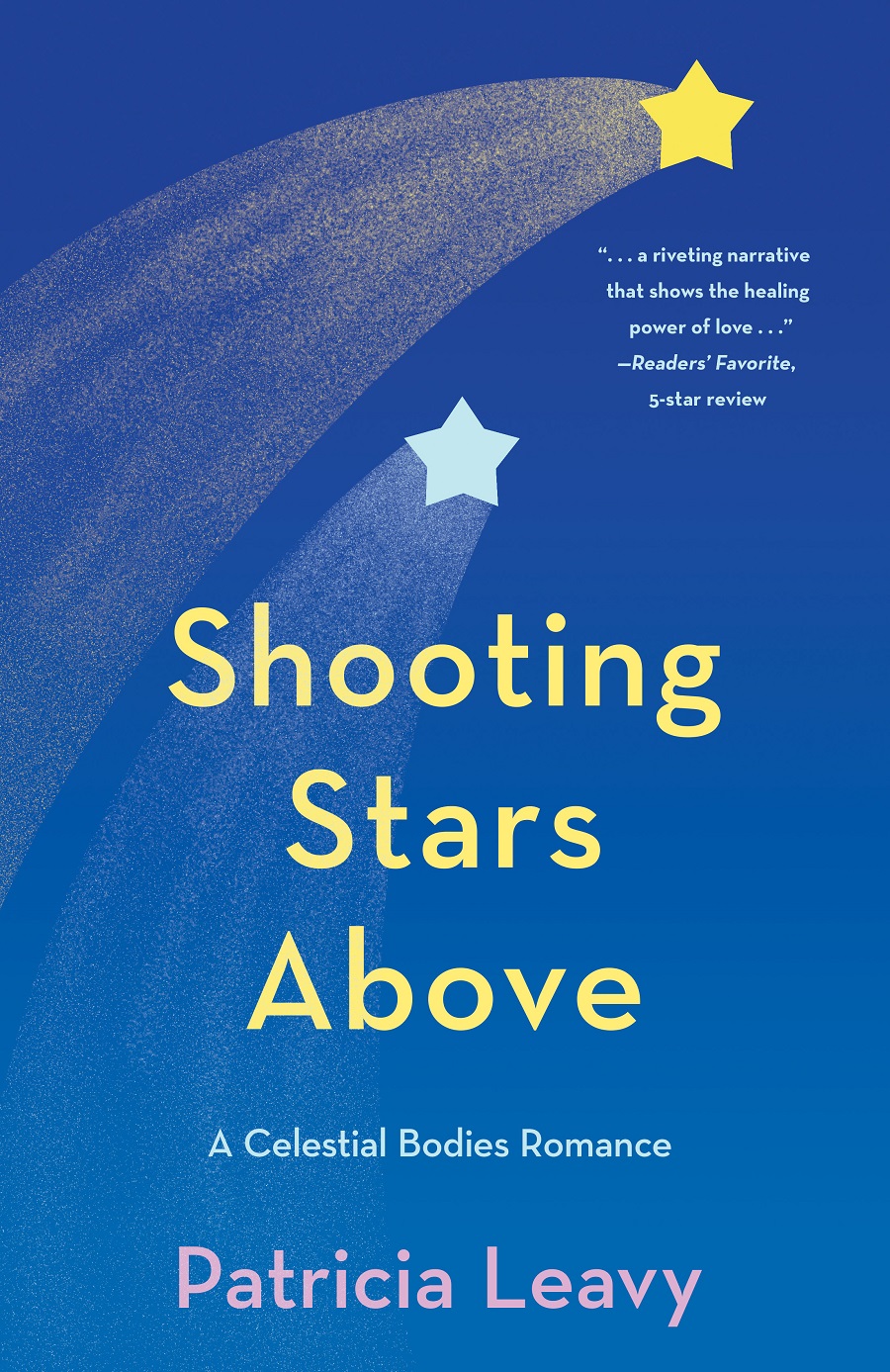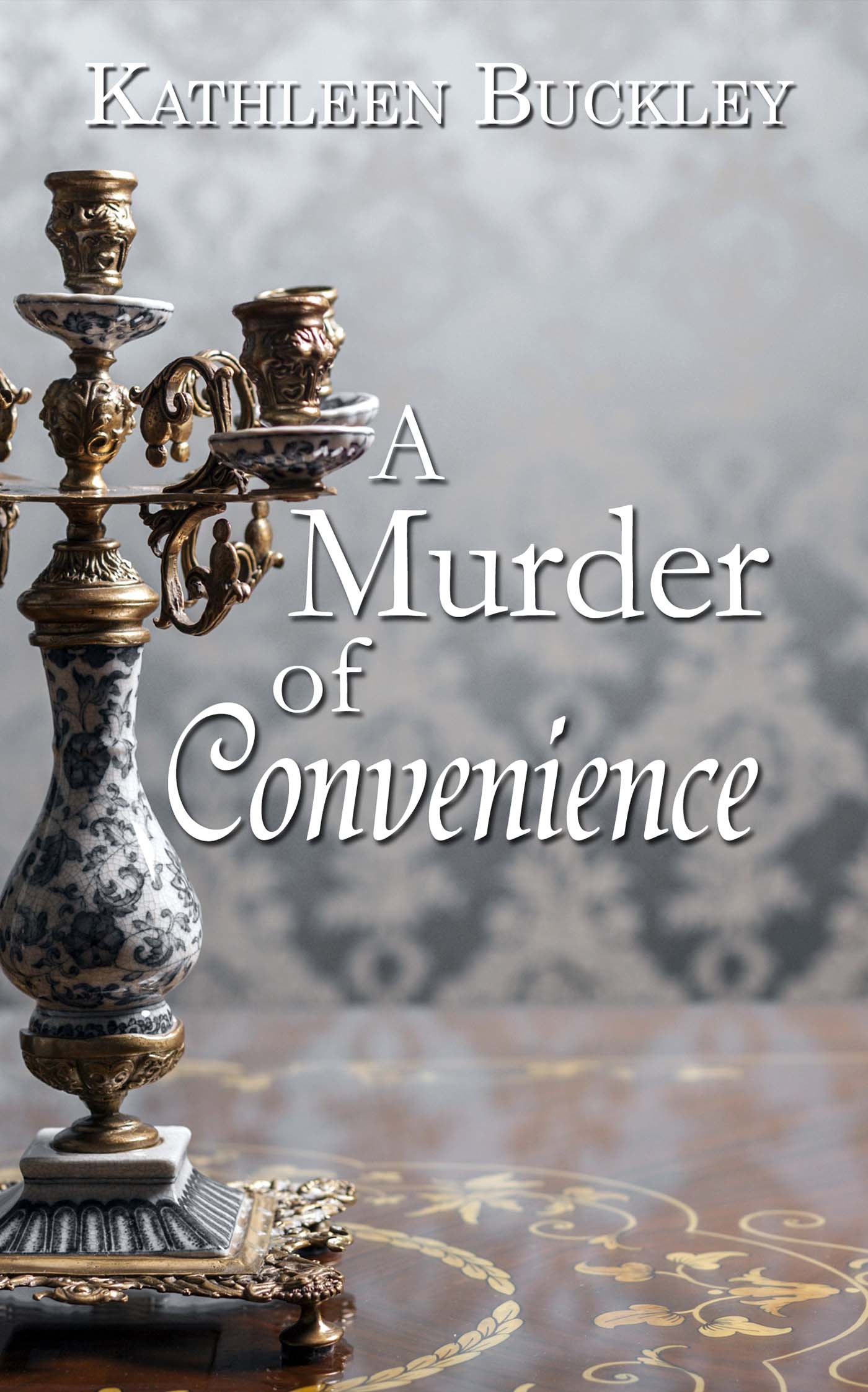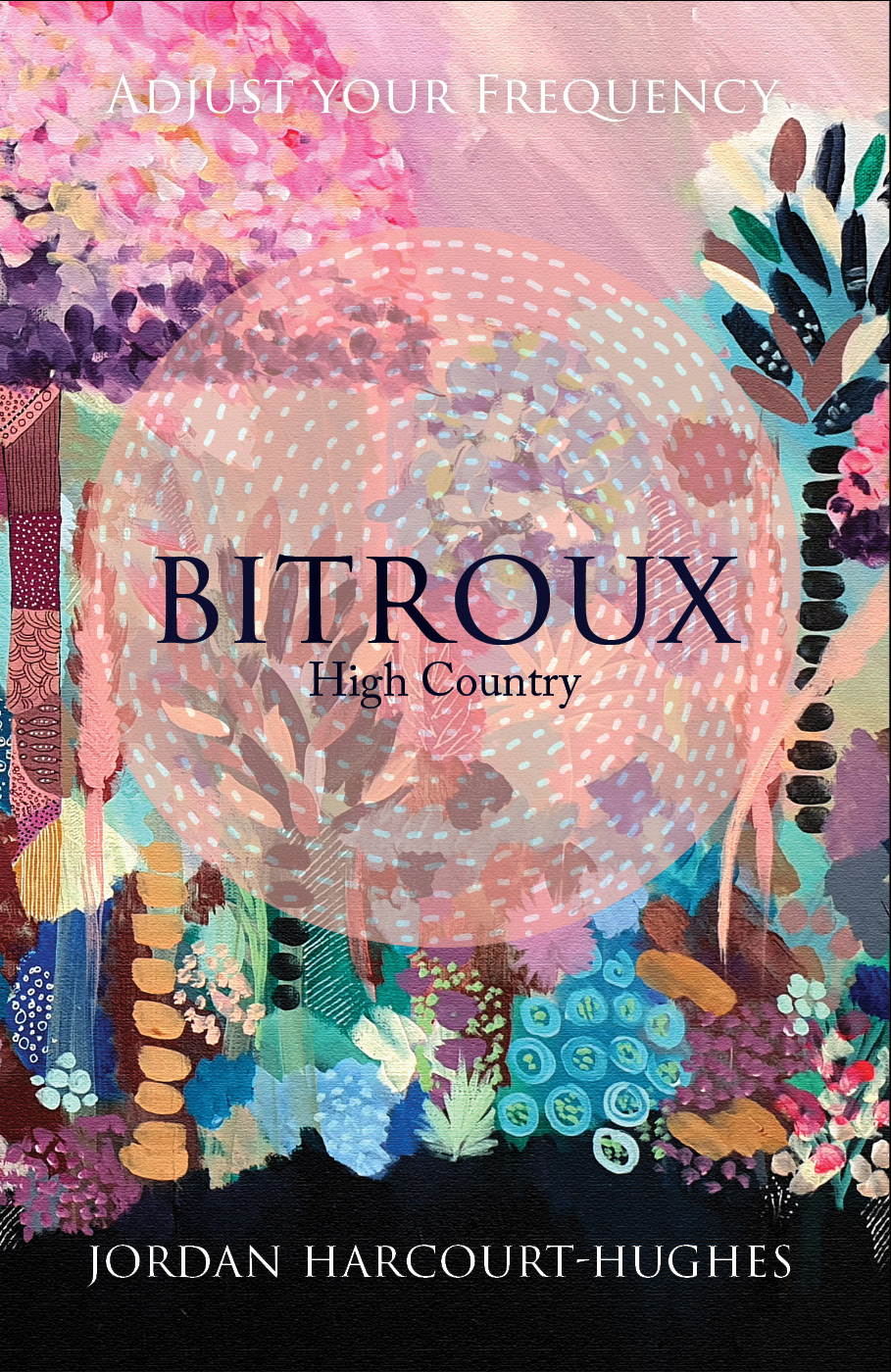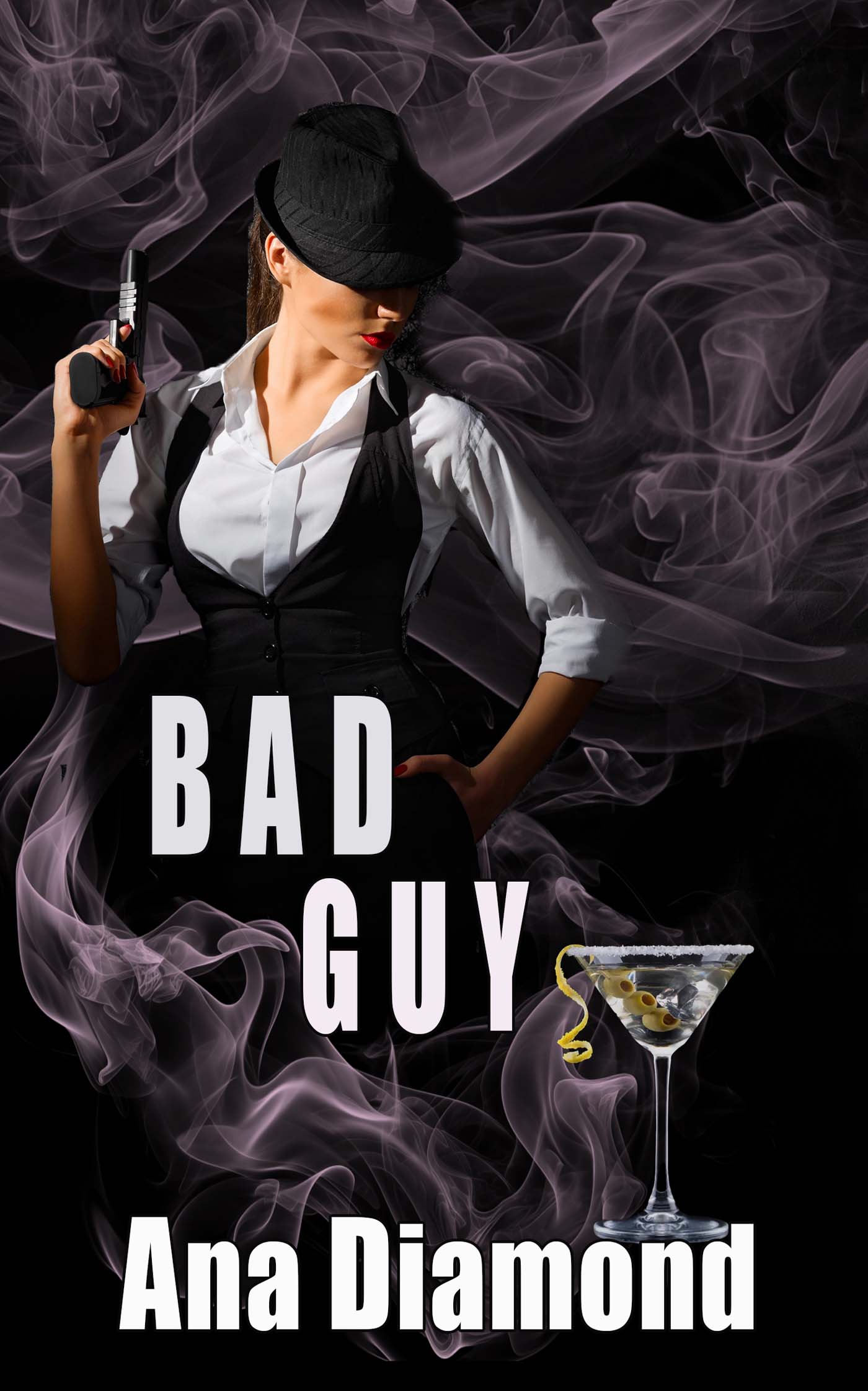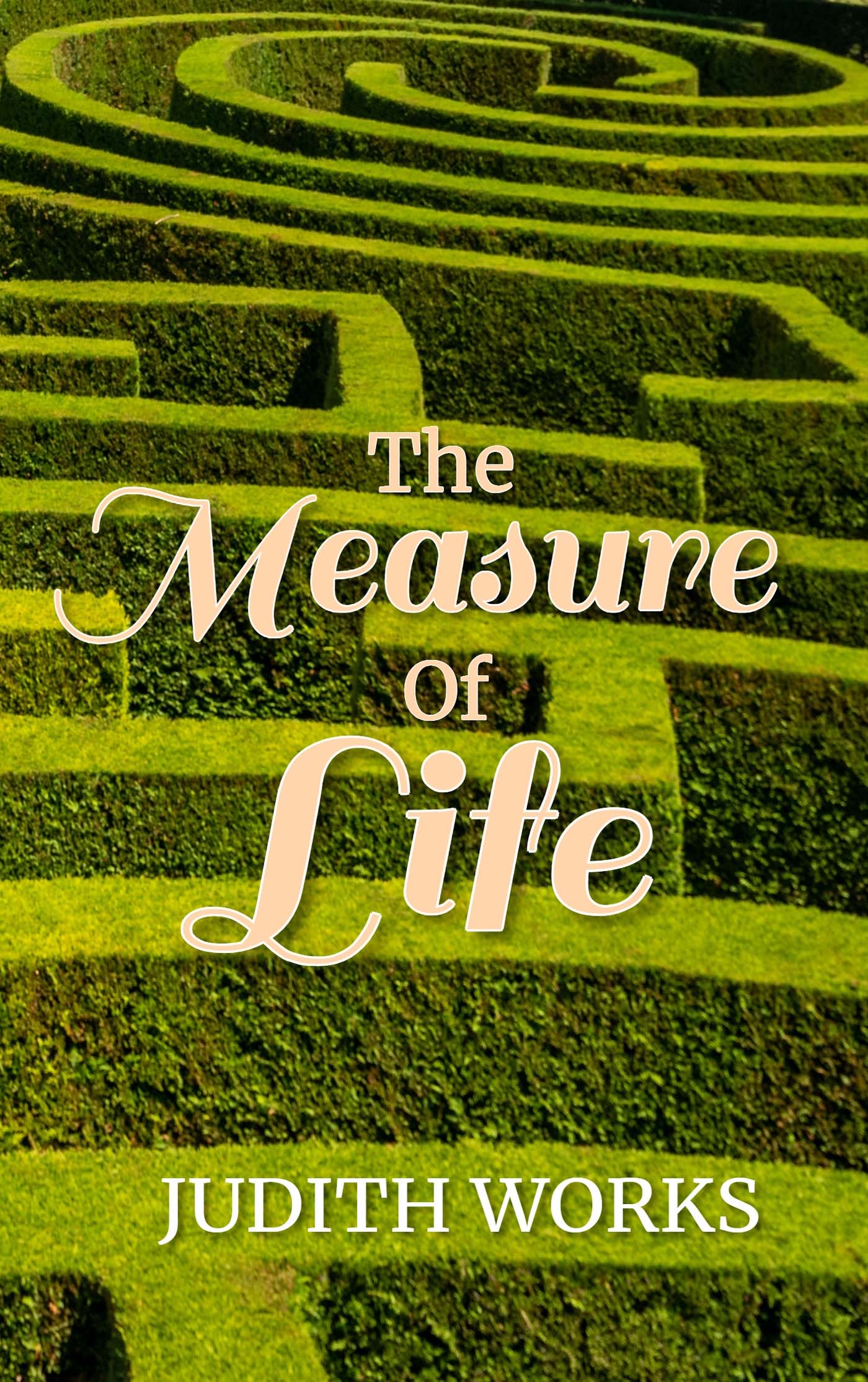This post is part of a virtual book tour organized by Goddess Fish Promotions. The author will be awarding a $10 Amazon/BN gift card to a randomly drawn winner. Click on the tour banner to see the other stops on the tour.
First off: it’s okay to be upset. Your first reaction is fine. Your emotion is always valid. It’s how we deal with those emotions that are important. So, if someone is giving you the negative criticism to your face or even online: don’t lash out. Sometimes we are so determined to not be the ‘sensitive writer’ that we can feel guilty for being angry at criticism. But it’s okay to be angry inside. However it’s also possible to go the other way: to accept right off the bat everything you’re told and feel like a failure who should chuck their notebooks right out the window.
Whatever you feel…feel it. And then step away.
Come back to the negative criticism later, when you can hopefully have a clearer head, and consider it more clearly. If you’re lucky, the criticism came from a good friend with whom you can discuss it. Sometimes a little clarification on both sides…author’s intent, reader’s perception…can go a long way in explaining where that criticism is coming from. But it should go without saying, if the criticism is from a stranger on the internet, tread very carefully on that approach!
At the end of the day not all criticism is right. It can be all right, it can be all wrong, it can be half right, it can even be right but lead to a book you have no interest in writing. That’s okay. Flaws can be left in works, even after you see them, if you leave them in knowingly. Some of the greatest books ever written have flaws. I would even say there’s probably not a single book out there without at least one flaw, no matter how small (except maybe Goodnight Moon. Now there’s a classic for you!). And in fact, when I think about some of my favorite books…the flaws are at times part of what I love about them. And on the same track: it’s okay if you see you have a massive flaw that needs to be fixed. That doesn’t invalidate everything you have done and everything you will continue to do with your work.
Finally, I once heard a very good piece of advice from an author (I wish I remembered which author!) who said something along the lines of: ‘if one person gives a piece of criticism, you can probably ignore it, if lots of people keeping pointing out the same thing independently, maybe you should take a look at it’.
Deep in debt and desperate for a solution, Julius Claydon knows that marrying a wealthy woman is his only hope. When he meets the beautiful and rich Clara Haughton in Bath, he believes she could be his salvation, but there’s one obstacle in his path: Lydia Cray, Clara’s sharp-witted and penniless companion.
When Lydia quickly sees through his fortune-hunting motives, Julius proposes an alliance. He will help secure her future if she helps him secure Clara’s heart.
But Lydia is not all she appears to be, and she has a plan of her own: to teach him a lesson he won’t soon forget. But her scheming soon leads to unforeseen consequences for them both.
Can love spring from deception?
Enjoy an Excerpt
“You seem to have taken a dislike to me,” he remarked.
“I have.” It came back promptly.
“Is my dancing really that bad?”
“No. You seem quite a capable dancer,” she said as if forced to be fair against her inclination.
“Then I’m afraid I don’t know what I’ve done to offend.”
“I’m sure you don’t.”
They crossed the room once more and came back together. Her hand was stiff in his own, and there was something unyielding in the way she moved through the steps. “Are you going to explain it to me?”
She shrugged. “I know you for what you are.”
“And what exactly is that?”
“A fortune hunter.”
It was stated so flatly, so calmly, and so completely correctly, that he couldn’t help himself: he threw back his head and laughed. She looked surprised. Perhaps he should have tried to disassemble, but there was a sharpness and confidence in her tone that made it impossible. However she knew, she did indeed know, and her forthrightness amused him.
“I’m sorry, Miss Cray. How did you guess?” He did not bother to hide from his voice that he was impressed.
“Well, I at least give you credit for not trying to hide it now,” she said a little dryly.
“How could I? When you have shot the target so exactly in the bull’s-eye. Credit where credit is due.” He gave a little mock bow.
“You seem an unusual specimen of your species.”
“There are always a few outliers. Have you met so many of us?”
“You must realize I’m quite used to dealing with your kind.”
“Are you? How very humbling you are. And here I thought myself clever.”
About the Author:  Born in Taipei, Taiwan, Naomi Laeuchli has lived overseas in nine different countries on three different continents where her family was posted with the American Foreign Service. In November 2012 she moved from the Democratic Republic of the Congo back to the states and currently lives in Arizona with five horses. She works as a freelance writer and part time at the local library. She has written several interactive stories for Choice of Games, Tales, and Dorian.
Born in Taipei, Taiwan, Naomi Laeuchli has lived overseas in nine different countries on three different continents where her family was posted with the American Foreign Service. In November 2012 she moved from the Democratic Republic of the Congo back to the states and currently lives in Arizona with five horses. She works as a freelance writer and part time at the local library. She has written several interactive stories for Choice of Games, Tales, and Dorian.
Free to read on Kindle Unlimited.
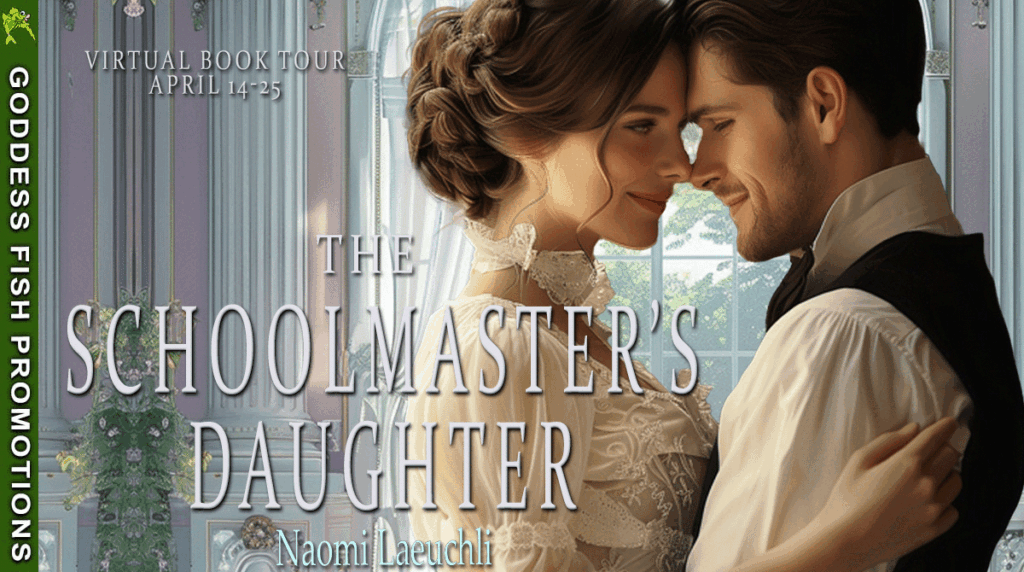
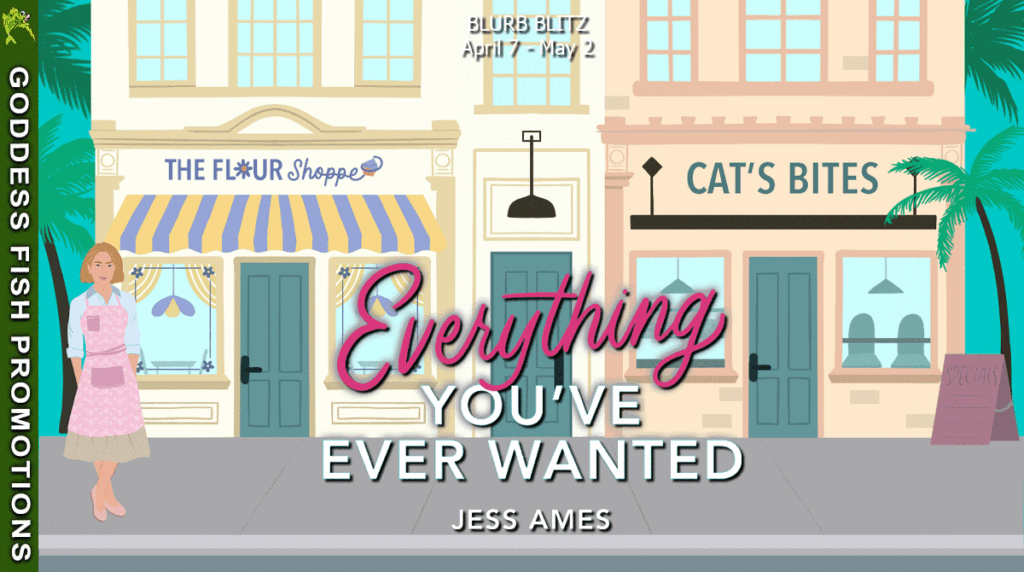
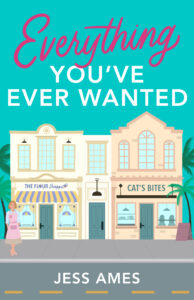
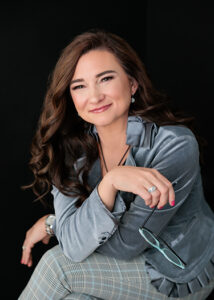
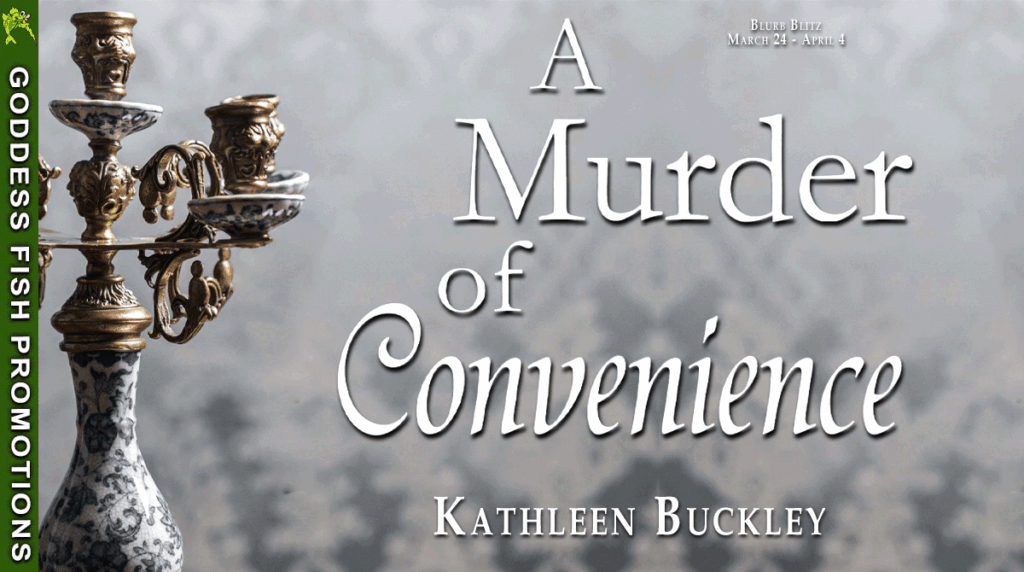
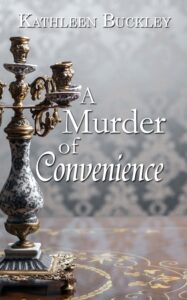 Ellen Cuthbert’s husband, Randolph, is now the Earl of Keswick’s heir. Their marriage is a sham, and Randolph’s mistress, Lydia, is present at the house party. When she is found murdered in a locked room, all the evidence seems to point to Ellen. And how could the murderer have escaped the locked room except by witchcraft? Sir Hugh accompanies his cousin, a magistrate, to the scene of the murder. They investigate, appalled to find their childhood friend Ellen appears to be the chief suspect. Hugh’s lack of prospects years ago prevented their marriage. Now if he cannot find the real murderer, there may be only one final service he can perform for Ellen to spare her a slow death at the end of the hangman’s rope.
Ellen Cuthbert’s husband, Randolph, is now the Earl of Keswick’s heir. Their marriage is a sham, and Randolph’s mistress, Lydia, is present at the house party. When she is found murdered in a locked room, all the evidence seems to point to Ellen. And how could the murderer have escaped the locked room except by witchcraft? Sir Hugh accompanies his cousin, a magistrate, to the scene of the murder. They investigate, appalled to find their childhood friend Ellen appears to be the chief suspect. Hugh’s lack of prospects years ago prevented their marriage. Now if he cannot find the real murderer, there may be only one final service he can perform for Ellen to spare her a slow death at the end of the hangman’s rope.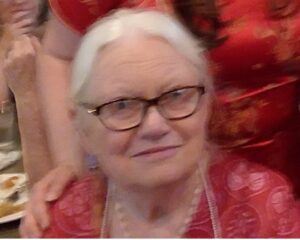 One day after coming home from first grade, Kathleen Buckley set about writing her own dictionary but quickly realized it would take too much time, so she read a book instead. Possibly Space Cat.
One day after coming home from first grade, Kathleen Buckley set about writing her own dictionary but quickly realized it would take too much time, so she read a book instead. Possibly Space Cat.

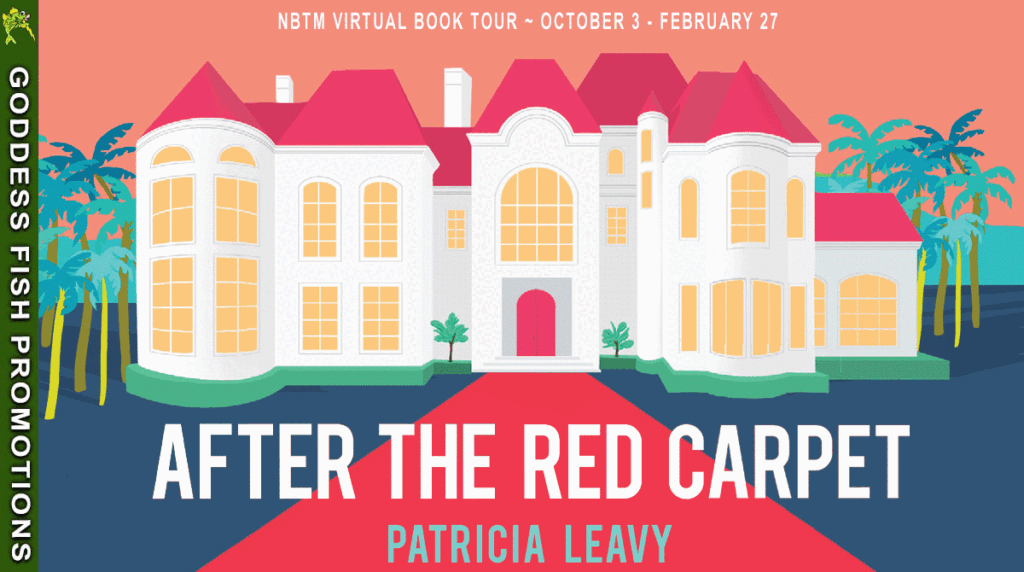
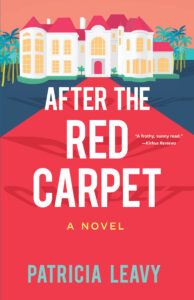
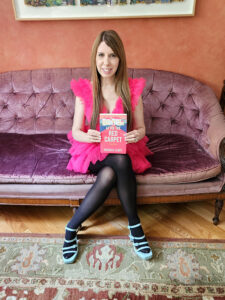
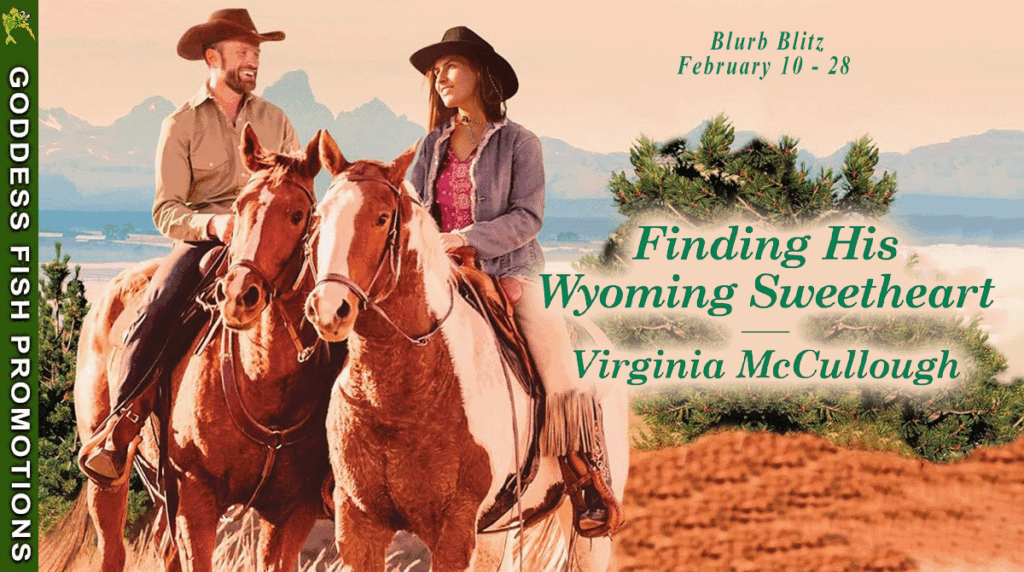
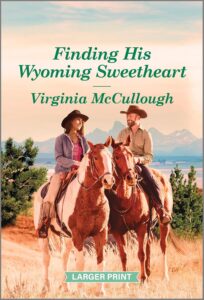 When it comes to his seven-year-old son, new lodge owner Mack Fisher has a lot to make up for. Fortunately, the small Wyoming town of Adelaide Creek provides the perfect fresh start—that is, if he can avoid the distraction of Erin Hunnicutt’s warm brown eyes. The free-spirited musician has a way of bringing out the best in everyone—especially Mack. When they’re thrown together unexpectedly to help their town, sparks fly and a dangerous secret is uncovered. But searching for the answers only leads them to fall deeper for one another…and starts Mack wondering if there’s room for one more in his new family.
When it comes to his seven-year-old son, new lodge owner Mack Fisher has a lot to make up for. Fortunately, the small Wyoming town of Adelaide Creek provides the perfect fresh start—that is, if he can avoid the distraction of Erin Hunnicutt’s warm brown eyes. The free-spirited musician has a way of bringing out the best in everyone—especially Mack. When they’re thrown together unexpectedly to help their town, sparks fly and a dangerous secret is uncovered. But searching for the answers only leads them to fall deeper for one another…and starts Mack wondering if there’s room for one more in his new family.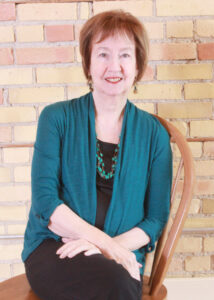 Award winning author, Virginia McCullough writes romance for the Harlequin Heartwarming line, and FINDING HIS WYOMING SWEETHEART is Book 4 of her Adelaide Creek series. She also writes women’s fiction and nonfiction on a variety of topics. Virginia’s characters could be your family, friends, or neighbors, and all her stories offer hope, healing, and plenty of second chances. Drawn to water, she almost always sets her stories on a body of water, from oceans, lakes, rivers, and the winding Adelaide Creek.
Award winning author, Virginia McCullough writes romance for the Harlequin Heartwarming line, and FINDING HIS WYOMING SWEETHEART is Book 4 of her Adelaide Creek series. She also writes women’s fiction and nonfiction on a variety of topics. Virginia’s characters could be your family, friends, or neighbors, and all her stories offer hope, healing, and plenty of second chances. Drawn to water, she almost always sets her stories on a body of water, from oceans, lakes, rivers, and the winding Adelaide Creek. 